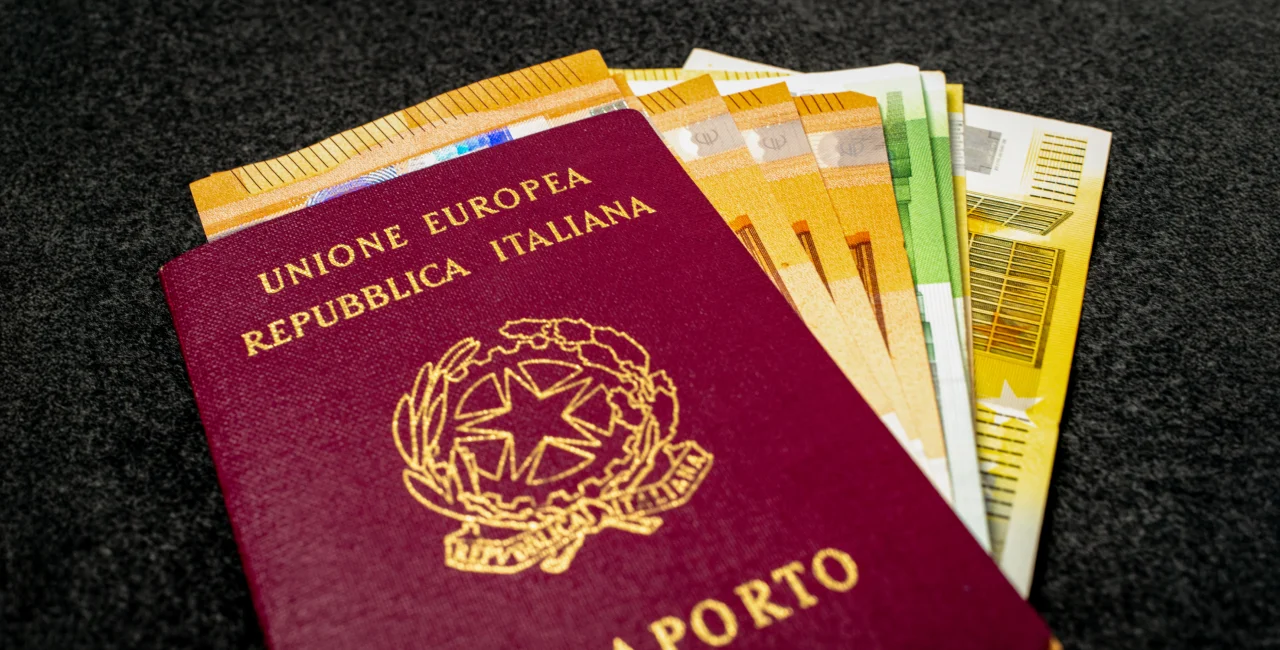Over the past decade, the Italian mafia orchestrated a large-scale tax fraud operation in Czechia, funneling billions of crowns through fraudulent businesses in Prague, according to EU prosecutors. An investigation by the European Public Prosecutor’s Office, codenamed "Moby Dick," led to arrests in 10 countries.
The scheme, linked to the Neapolitan Camorra gang, involved a complex carousel fraud system that manipulated value-added tax (VAT) obligations in Czechia to avoid payments. Investigators estimate the total damage exceeds CZK 30 billion.
Carousel fraud exploits the EU VAT system, which allows tax-free trade between member states. In this case, electronics like monitors and printers were moved across borders in seemingly legitimate transactions.
Companies in Prague, including B2B Computer, acted as intermediaries. They bought goods tax-free and resold them using fraudulent invoices. In some cases, the goods returned to their country of origin without any VAT being paid.
"The VAT declaration system is being abused," explained Czech tax official Jiří Žežulka to Czech Television. "Goods are purchased tax-free and should be taxed in the country of consumption. But in this case, companies vanished before paying."
Authorities identified two key players in the fraud: Rodolphe Ballaera and Paolo Falavigna, Italian nationals linked to the Camorra. While not high-profile crime figures, they served as intermediaries, connecting the mafia with semi-legal businesses.
Meetings reportedly took place at the Royal Hotel in Prague’s Karlín district, where fraudulent deals were made. One company involved was Corpedia, registered in Prague’s Vinohrady district. Previously known as Alegrotino, it changed its name in May 2024. Investigators believe it was part of a larger network of hundreds of fraudulent firms.
Another key company, Otaro Trading, was managed by Pavel Klanica, who is listed as the director of over 700 companies in the Czech Republic. Frequent leadership changes made it difficult to track the true owners.
🌟 Customer Care Specialist FR – Prague 🌟

The investigation led to a massive international raid, with 160 house searches and dozens of arrests across Europe. One suspect was detained in Czechia. European authorities issued 34 arrest warrants, identifying 194 individuals involved.
Despite the arrests, experts warn that prosecuting financial crimes of this scale remains difficult. Investigators must analyze vast amounts of financial records, company ownership transfers, and international banking data.
"Coordinating evidence across multiple jurisdictions will take years," said Czech lawyer Ondřej Mūka. "This type of fraud is deeply tied to organized crime, making it even more complex,” he added.












 Reading time: 2 minutes
Reading time: 2 minutes 



 English
English
 Swedish
Swedish
 Finnish
Finnish
 Danish
Danish
 Polish
Polish



















